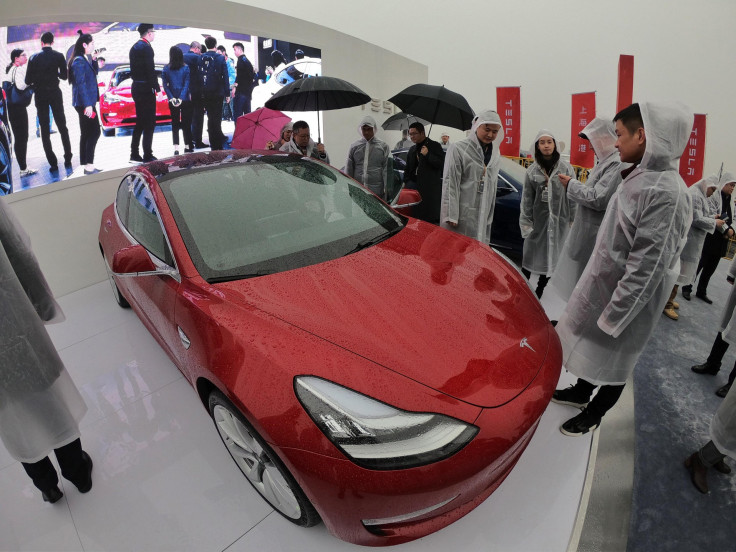Tesla’s Shanghai Gigafactory To Open In May, Could Lessen US-China Trade War Impact

American electric car maker Tesla’s Gigafactory in China’s Shanghai is coming with a host of advantages. The prime benefit is Tesla’s market access in China being free from the effects of any U.S-China trade war.
Tesla’s agreement with lenders for the emerging facility will help it raise 3.5 billion yuan ($521 million). The entire proceeds of the loan will be invested in the construction of the Gigafactory in Shanghai.
According to a filing by Tesla, as much as $520M in loans have been committed by Chinese banks. Tesla said the term loan agreement was signed for a period of 12-months.
Tesla’s China borrowing follows its biggest ever debt payment recently. It settled the $920 million convertible bond that matured on March 1. Tesla is known to have cash reserves of $3.7 billion and equivalents as of late 2018.
Tesla’s lenders of the unsecured loan include China Construction Bank Corp, Agricultural Bank of China, Industrial and Commercial Bank of China and Shanghai Pudong Development Bank Co.
The work on the giga-factory started in January and production will start by May. Tesla estimates the giga-factory would cost $2 billion.
Model 3 production target
Tesla’s China Gigafactory in 210-acre east of Shanghai will ramp up production of the Model 3 sedan for China market with 10,000 vehicles a week.
The short to medium term outlook on vehicles market in China is weak. Car sales plunged. The slump was more apparent in February, which was the ninth consecutive month of dull sales.
An average 18 percent decline in retail sales was reported for sedans, sport utility vehicles, multi-purpose vehicles, and minivans in February, according to the data from the China Passenger Car Association.
In the broader slowdown, battery-powered autos had been an exception. Tesla is hoping that cost savings from local production will help it stay entrenched in the world’s largest market for electric vehicles.
The cost advantage from local production
Localizing car production will help Tesla to minimize the impact of the U.S.-China trade war as well. It already forced Tesla to rework its prices of U.S.-made cars in the China market.
Cost control will also help the U.S car maker to face the domestic competition coming from electric vehicle startups such as Nio Inc, Byton and XPeng Motors.
Local manufacturing will also keep the company immune from the vagaries of any re-escalation of trade tensions between the U.S. and China.
© Copyright IBTimes 2025. All rights reserved.





















